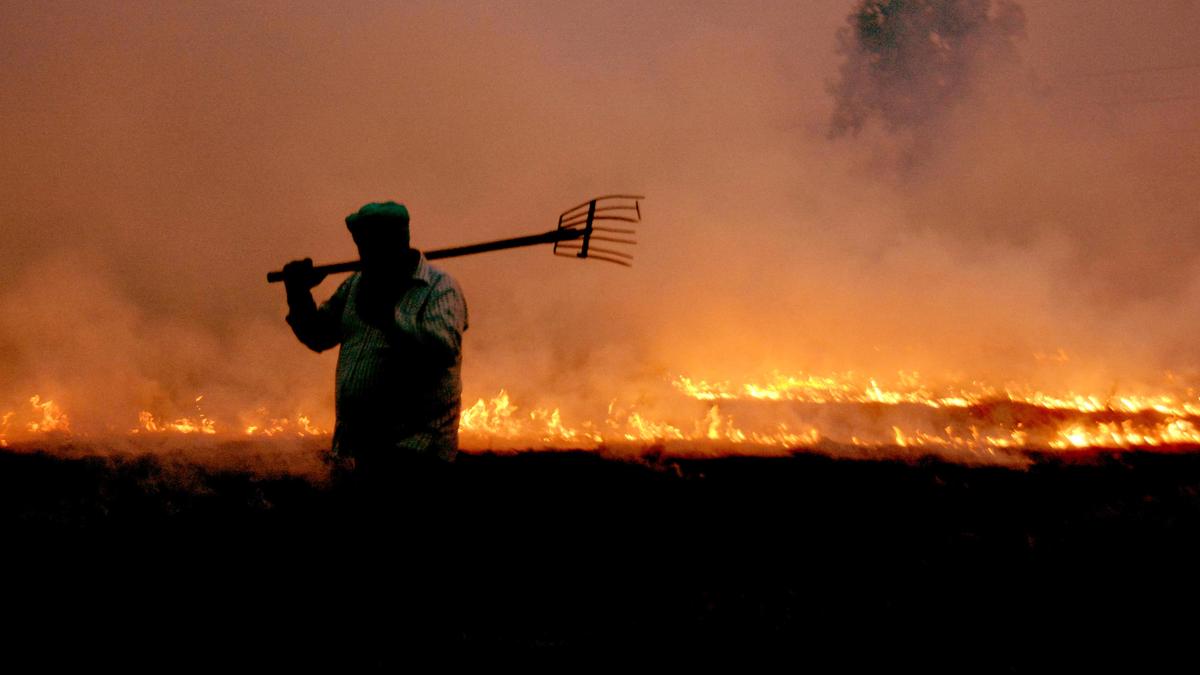Copyright The New York Times

To mow down a forest is usually lucrative. You can sell the wood, then clear areas for animals to graze, or mine for valuable ores, or grow corn or other crops year after year. This is how most of the world’s tropical rainforests have vanished in the past 25 years, including in Brazil. Brazil is trying to change that. On Thursday it is due to announce the establishment of an ambitious fund designed to pay countries to keep their tropical forests standing. As many as 74 countries with tropical forests stand to gain a total of $4 billion per year if they leave their forests alone. If fully financed, the fund would represent nearly three times the current volume of international forest financing, Brazilian officials have said. “It will mobilize large-scale capital with sustained financial flows to conserve our biodiversity,” Brazil’s Minister of Environment and Climate Change, Marina Silva, said this year. Critics say the fund’s structure has some flaws that could block success. It relies on raising $25 billion from governments and philanthropies to kick-start the fund, which is a tall order. Others worry it’s not future-proof. Governments change from election to election, and even in Brazil, a future administration may be more interested in the proceeds from deforestation than in the proceeds from saving trees. Thank you for your patience while we verify access. If you are in Reader mode please exit and log into your Times account, or subscribe for all of The Times. Thank you for your patience while we verify access. Already a subscriber? Log in. Want all of The Times? Subscribe.



